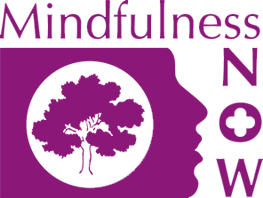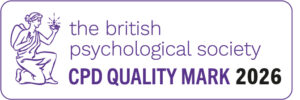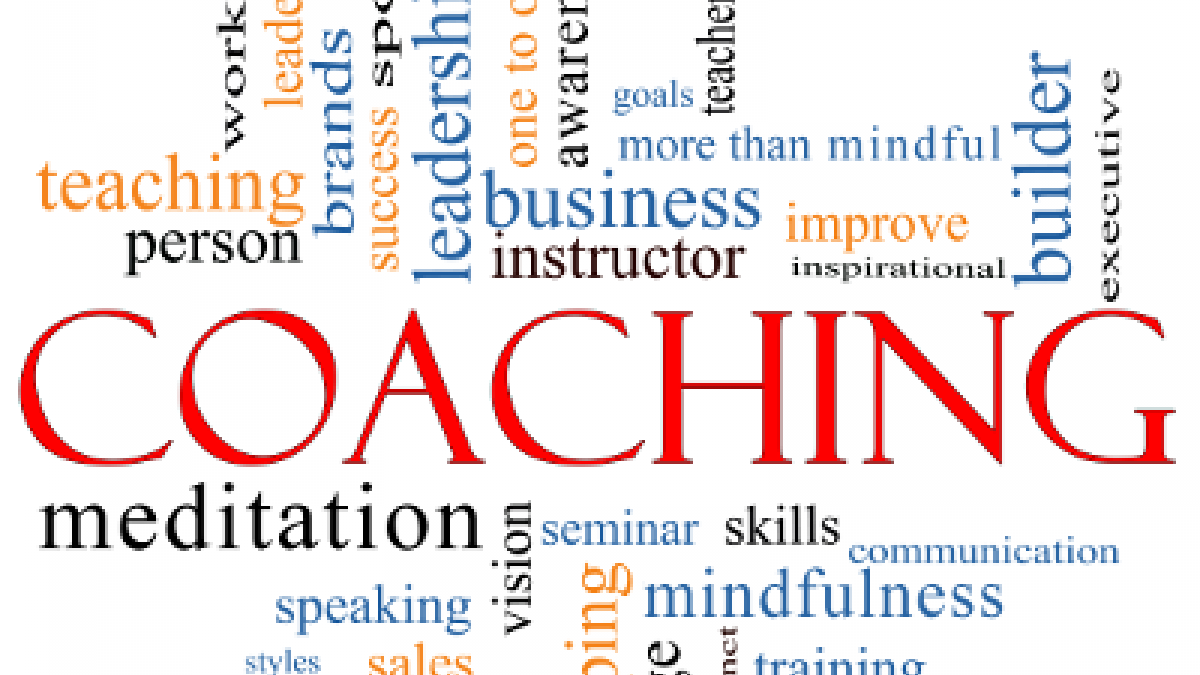I find mindfulness to be very useful component of my performance coaching work and I’d like to share a little about using it to greatly increase our chances of successful coaching outcomes.
Flow State
We can probably all remember times when we were totally absorbed in something, perhaps eating a particularly delicious meal or being completely fascinated by an exciting novel which we found so difficult to put down.
For years I really enjoyed running and I, like many runners, found myself getting into a state of absorbed exhilaration where I felt, once I had overcome the pain threshold, as if I could just keep on running. This is often described as being in the flow. Artists will usually be familiar with flow state and it won’t be very hard for them to focus on the choreography of a ballet in which they are dancing or a sculpture which they are creating. However, in our lives generally, it is not so easy to remain in present focus when engaged in our ordinary, everyday activities. Isn’t it all too simple to slip into worrying about future events or feel guilty or stressed about something in the past, instead of allowing ourselves to truly appreciate or enjoy our present activity.
How can mindfulness be an effective part of coaching?
Curiosity
As a performance coach a good dose of curiosity can achieve wonders at times. It can be argued that one of the key skills of coaches is to be able to somehow get our clients to think! – and to think in a creative way ‘outside the box’. That’s why ‘GROW’ model options questions like ‘what other options do you think you have?’ and ‘if anything were possible, what would you do?’ and even perhaps when things are getting stuck, ‘if you did know the answer, what would it be?!’, can be most helpful in developing ‘way forward’ options.
Mindfulness can help us to develop curiosity particularly with a kind of non-judgemental reflection. Have you noticed how, when you reflect on something that you have written, maybe your journal or notes for some forthcoming event, in a fairly quiet, distraction free (almost meditative) state that real inspiration can come to mind?
The essence of curiosity can be found in ‘enquiry’ type ‘powerful’ questions in coaching. The sort of questions that, the answer to which, may have a real impact on the coaching issue. The answer to these sort of questions, such as ‘how can you identify what is really holding you back?’ may not immediately find an answer at a conscious level. The client may need to reflect and let it settle quietly before an answer comes to mind. The mindfulness body scan exercise, mentioned earlier can be helpful here.
Beginner’s mind
One of the most quoted attitudes/principles of mindfulness is known as beginner’s mind. Rather than responding to events in the way we always have before – rather than thinking and doing in the way we always have before, just supposing we were able to see things as if we were looking through a completely new pair of eyes.
In a coaching exercise I was carrying out with a female client, she (let’s call her Gill) had been struggling to come to terms with a very troubling relationship, over many years, with her only sister. Gill described their relationship as close, an intense struggle of willpower and, in Gill’s opinion, a desire by her sister to be dominant over Gill.
In one of our coaching sessions Gill wanted to focus on reality and what this meant in her relationship. I asked Gill to carry out a gestalt – empty chair drama exercise with her talking to the empty chair and imagining she was talking to her sister and then take the empty chair herself, imagining that she was her sister and talking back to her (Gill). This is a useful and sometimes powerful way of gaining clarification on core values.
Gill really struggled to respond in the role of her sister and I suggested a shift in emphasis with Gill immersing herself in a gentle meditative exercise with something I adapted from the ‘loving kindness’ meditation. I got Gill to start by focussing on her breathing and then direct positive feelings towards herself, making some positive affirmations such as ‘May I be well and happy’,’ May I gain clarification and understanding’ and ‘May my sister and I be happy’. Gill chose the affirmations. After this she directed positive feelings towards her sister, again with affirmations of a similar nature. Lastly Gill directed positive feeling towards herself and her sister with affirmations such as ‘May my sister and I be well and happy’, May we gain understanding of each other’ and ‘May we understand each other’s needs’.
Through the course of this exercise, which took over 30 minutes, Gill found that she started to develop much more positive feelings about resolving her relationship problems. We then went back into the gestalt, empty chair process and this time Gill found it much easier to answer, in the role of her sister, her concerns over their relationship. This proved to be a defining moment in Gill being able to resolve her difficulties with her sister.
Presence
Our presence in the coaching relationship may be considered as one of coaching’s core competencies. Just how genuinely present are we in that relationship? What does being present mean?
Staying present really means letting go of our awareness of ourselves so that we become more aware of our client. Conversely if we start to become more aware of ourselves, within the coaching conversation, perhaps thinking about how we look, how we are sounding, letting any of our own personal thoughts intrude, then we decrease our awareness of our client. When this happens then we start to listen less effectively and we are less likely to perceive non-verbal information so we are unable to check out congruence in communication. We actually become less conscious of the whole coaching process.
So, presence may be thought of as something which all of us in our profession believe we have a natural aptitude for, rather like an ability to build rapport. That doesn’t mean to say however that we can’t become even more effective if we work at it.
Being truly present is actually a very joyful state to be in. When we feel we are at one in the moment but at the same time unattached to the outcome, it is as if we are somehow connected to some kind of source of inspiration. We can truly be in a state of ‘flow’ where everything seems effortless, and where we are open to all possibilities.
Mindfulness, although it sounds very similar to presence, is in fact the way to achieve it, in my opinion. Our mindfulness practice can help us to feel centred and whole. It can help us to be fully aware of ourselves, mentally and physically and to then let go of that awareness. The body scan meditation can provide a wonderfully detached/dissociated feeling that is ideal practice for being present in coaching.






